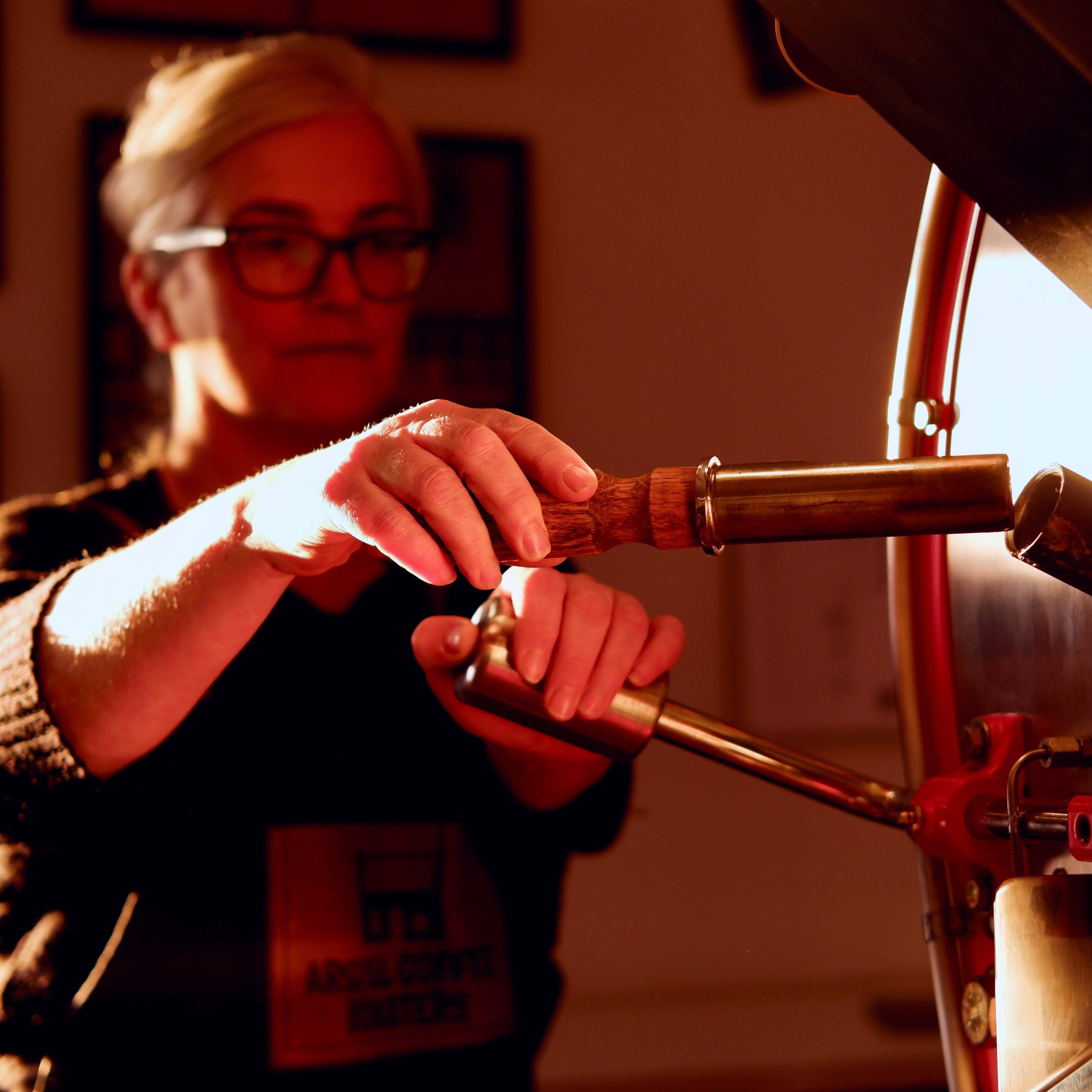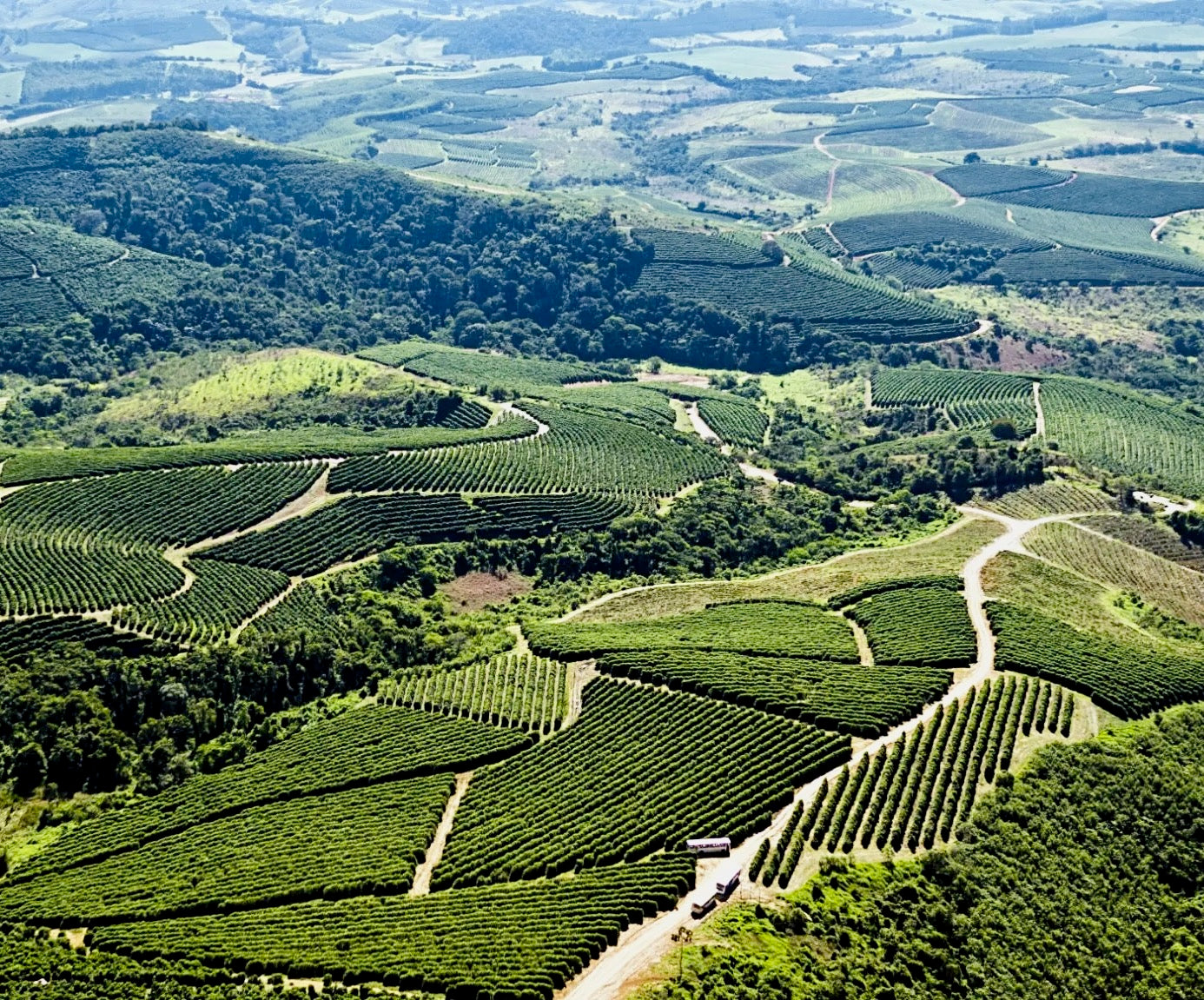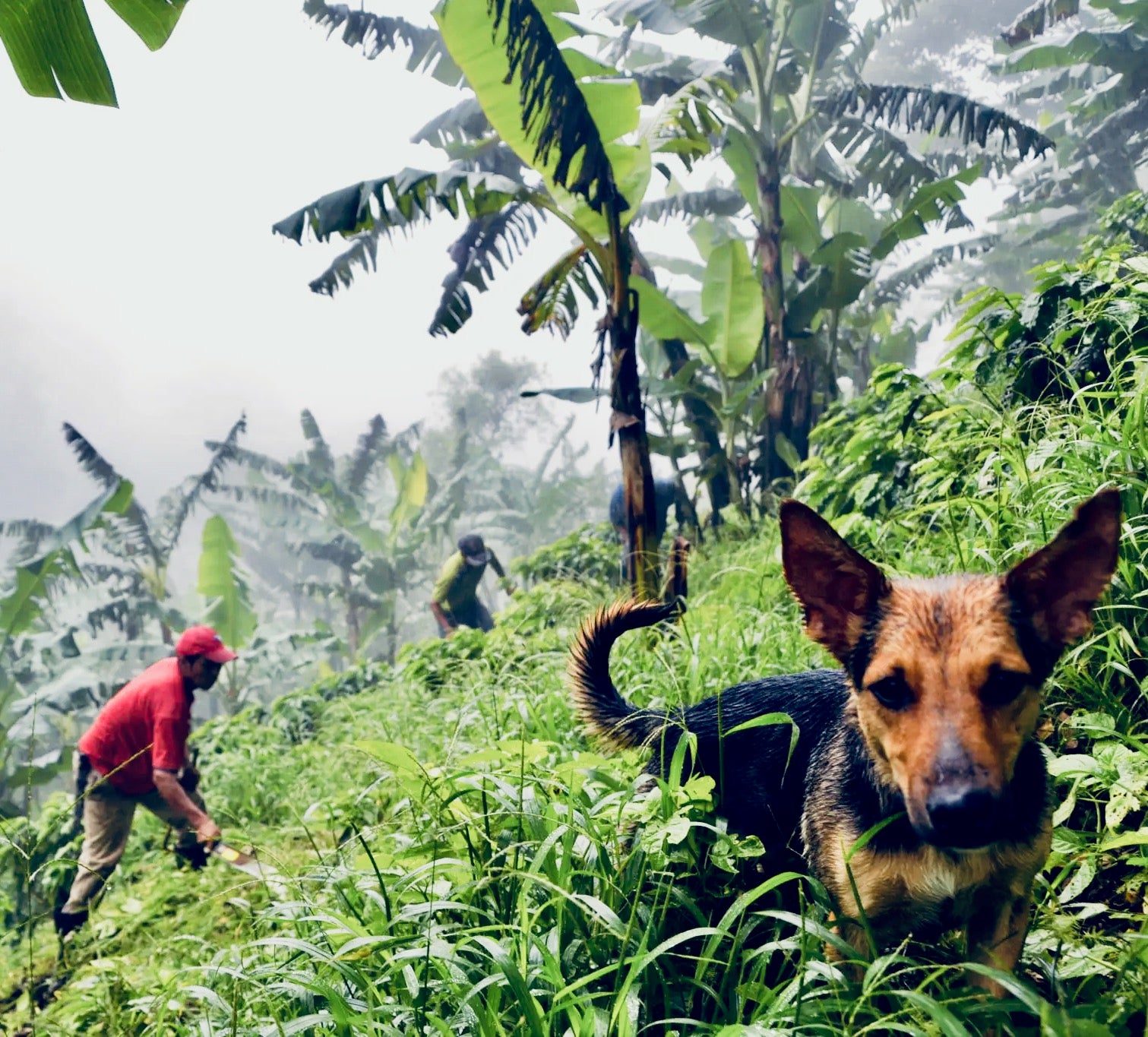Free UK shipping on all orders £18 and over
Glenan
No reviews yet
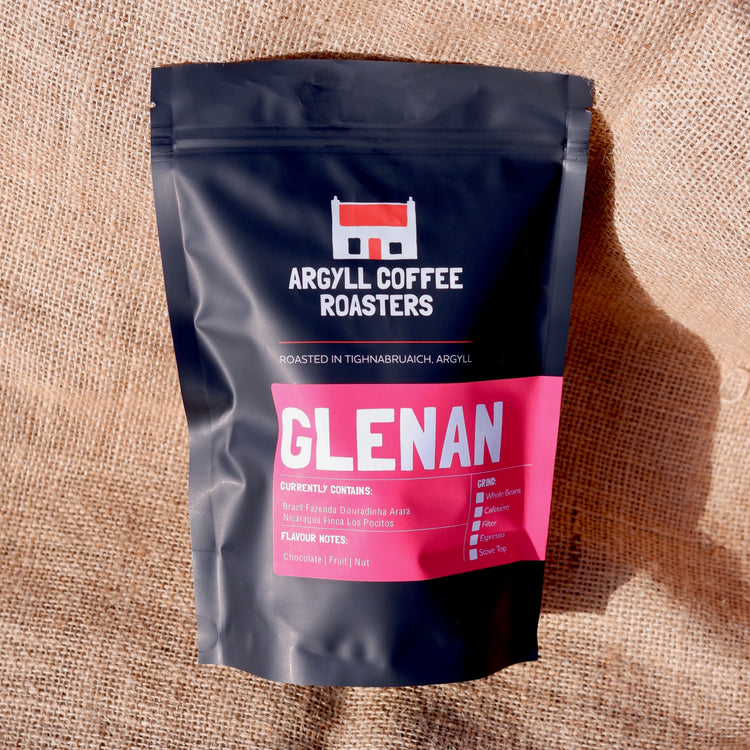
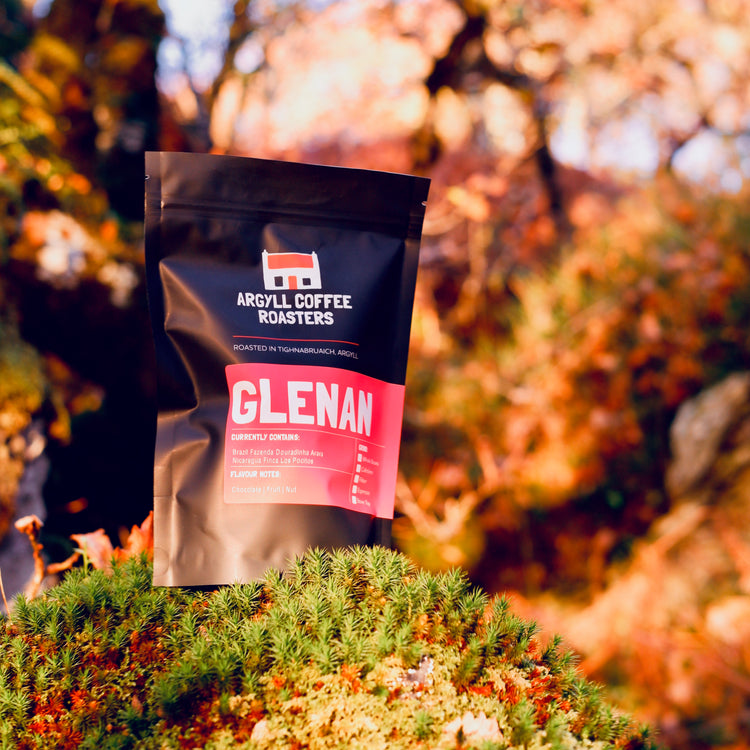
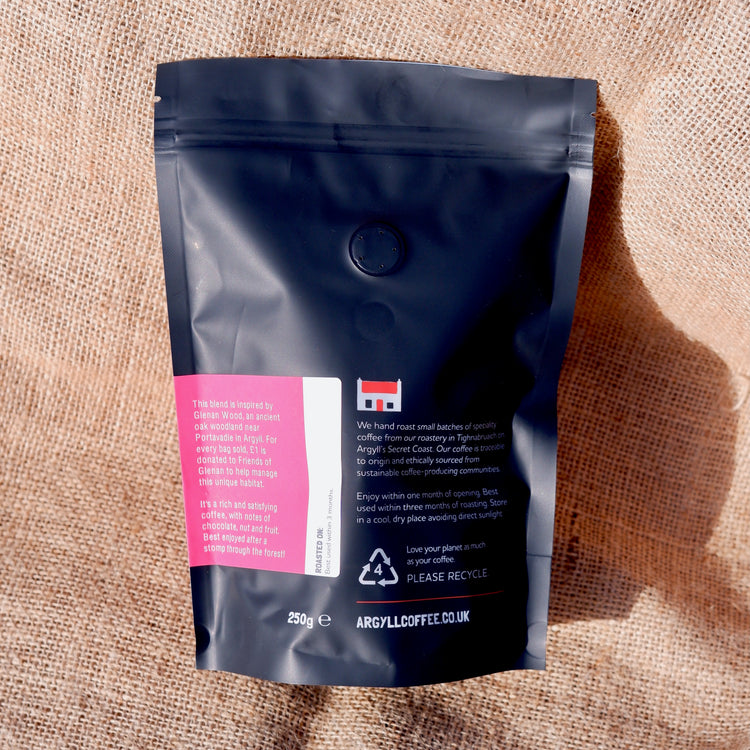
Glenan

This blend is inspired by Glenan Wood, an ancient oak woodland near Portavadie in Argyll. As part of our ongoing mission of good environmental stewardship, we donate £1 to support ongoing conservation activities at Glenan, for every 250g bag sold
Select grind: (Need help? View Grind guide)
Couldn't load pickup availability
Description
Nicaragua Finca Los Pocitos
Farm:
Finca Los Pocitos
Processing:
Fully washed
Owner:
Saxony Estate Coffee
Region:
Jinotega
Varietal(s):
Sarchimor
Altitude:
950 metres above sea level
Town:
Abyssinia, Peñas Blancas Nature Reserve
Brazil Terra Nova
Farm:
Terra Nova
Processing:
Black Honey
Owner:
Danilo Mesquita Andrade
Region:
Sul de Minas
Varietal(s):
Arara, Catuaí, Mundo Novo
Altitude:
900 metres above sea level
Town:
Três Pontas
